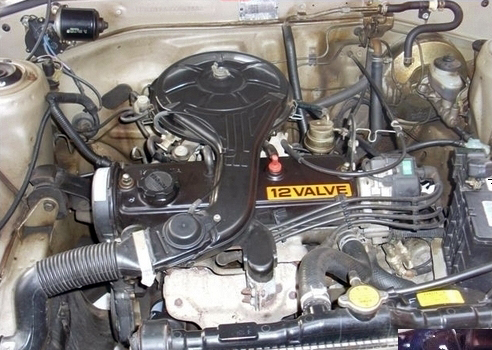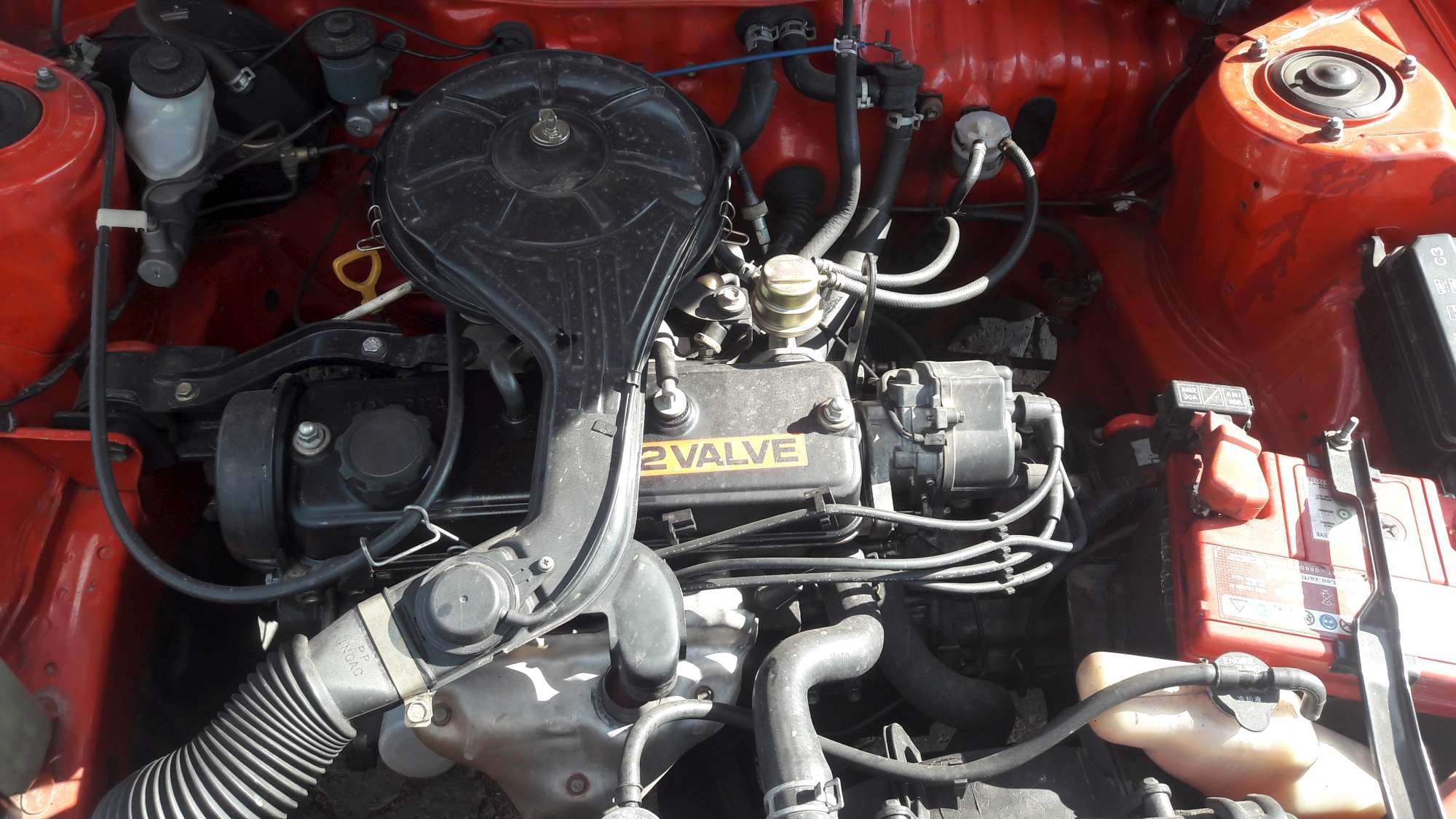Engine Acquiring Expert Tips on Choosing the Right Engine for Your Specific Requirements
Choosing the right engine for your specific requirements includes a complicated interaction of aspects that go beyond mere horse power figures. By delving into the complexities of power versus efficiency, evaluating gas scores, and budgeting for long-term expenses, one can absolutely maximize their engine selection.
Power Vs. Performance: Discovering the Equilibrium

When selecting an engine, it is essential to strike a balance between power and effectiveness to meet your specific requirements successfully. Power describes the engine's ability to produce energy for propulsion, figuring out variables like velocity, pulling ability, and overall efficiency (Toyota Tazz Engine For Sale). On the various other hand, effectiveness connects to how well the engine utilizes gas to generate power, impacting elements such as gas economic climate and environmental friendliness
Accomplishing the ideal equilibrium between power and effectiveness is vital because an engine that is also powerful might eat excessive gas, resulting in greater operating costs and unneeded stress on the environment. Conversely, an engine that prioritizes performance over power might result in slow-moving efficiency, especially sought after situations like hauling heavy lots or driving uphill.
To make an educated choice, consider aspects such as your common driving conditions, the desired use the automobile, and your individual choices. By assessing your needs and priorities, you can choose an engine that strikes the excellent balance between power and effectiveness, making sure optimal efficiency while reducing environmental impact and operating expense.
Comprehending Engine Size and Type

Furthermore, engine kind plays a crucial role in figuring out the efficiency features of an engine. Common engine kinds include inline engines, V engines, and rotary engines, each with its distinct benefits and drawbacks. The engine type influences aspects such as the engine's dimension, weight circulation, and power shipment. Understanding the interplay between engine size and kind is essential in selecting an engine that straightens with your particular needs and concerns, whether it be power, effectiveness, or a balance of both.
Consider Your Automobile's Needs
Considering your lorry's needs is an essential step in the engine option process to make certain optimal efficiency and functionality. It is important to examine aspects such as the intended use of the vehicle, its weight, towing capacity, and fuel performance demands. As an example, if you are searching for an engine for a sturdy vehicle that will certainly be utilized for towing, you will certainly need an effective engine with high torque capacities. On the other hand, if you are choosing an engine for a compact cars and truck largely used for city travelling, gas effectiveness may be a more crucial variable to think about.

Examining Gas Efficiency Ratings
Assessing gas effectiveness rankings is a critical element of picking the ideal engine for your vehicle, ensuring price financial savings and environmental sustainability. description Fuel efficiency rankings, typically measured in miles per gallon (MPG) for gasoline engines or kilowatt-hours per 100 miles (kWh/100 miles) for electric engines, indicate exactly how far a car can take a trip on a specific amount of fuel or electrical power. Higher MPG or lower kWh/100 miles worths symbolize more reliable engines, translating to minimized fuel prices and reduced carbon discharges.
When evaluating gas efficiency scores, consider your driving requirements and practices. If you commute cross countries daily, an extremely fuel-efficient engine can cause significant cost savings with time. Furthermore, contrast different engine alternatives within the very same automobile course to determine read one of the most affordable selection. Variables such as engine size, weight, aerodynamics, and hybrid or electric abilities can all affect gas efficiency.
Budgeting for Long-Term Prices
Purposefully planning for lasting costs is critical when selecting an engine, ensuring economic sustainability over the car's life-span. While the preliminary purchase rate of an engine is a significant aspect, it is vital to take into consideration the long-term expenses associated with upkeep, repair work, and fuel usage.
Additionally, looking into the availability and price of replacement components for the chosen engine is crucial in budget preparation. Engines with readily available and affordable components can considerably affect lasting upkeep expenses. Additionally, considering the engine's longevity and anticipated life expectancy can help avoid unanticipated replacement prices in the future. By meticulously budgeting for these long-lasting expenditures and factoring them right into the decision-making procedure, individuals can choose an engine that not only satisfies their prompt needs yet likewise stays economical throughout its life expectancy.
Verdict
To conclude, selecting the right engine for your certain needs calls for stabilizing power and efficiency, comprehending engine dimension and kind, considering your car's requirements, examining gas effectiveness rankings, and budgeting for long-lasting expenses. By thoroughly considering click here to read these aspects, you can ensure that you select an engine that meets your requirements and offers optimal efficiency for your vehicle.
To additionally fine-tune the selection procedure of an engine that strikes the optimum equilibrium between power and effectiveness, it is vital to dive right into the details of comprehending engine size and kind. Engine dimension refers to the overall volume of air and fuel that can be pressed via the engine cyndrical tubes. Usual engine kinds consist of inline engines, V engines, and rotating engines, each with its special advantages and disadvantages. Understanding the interplay in between engine size and kind is vital in picking an engine that aligns with your certain needs and top priorities, whether it be power, performance, or a balance of both.
Fuel effectiveness rankings, normally gauged in miles per gallon (MPG) for gasoline engines or kilowatt-hours per 100 miles (kWh/100 miles) for electrical engines, show just how much a lorry can travel on a particular quantity of fuel or electricity.